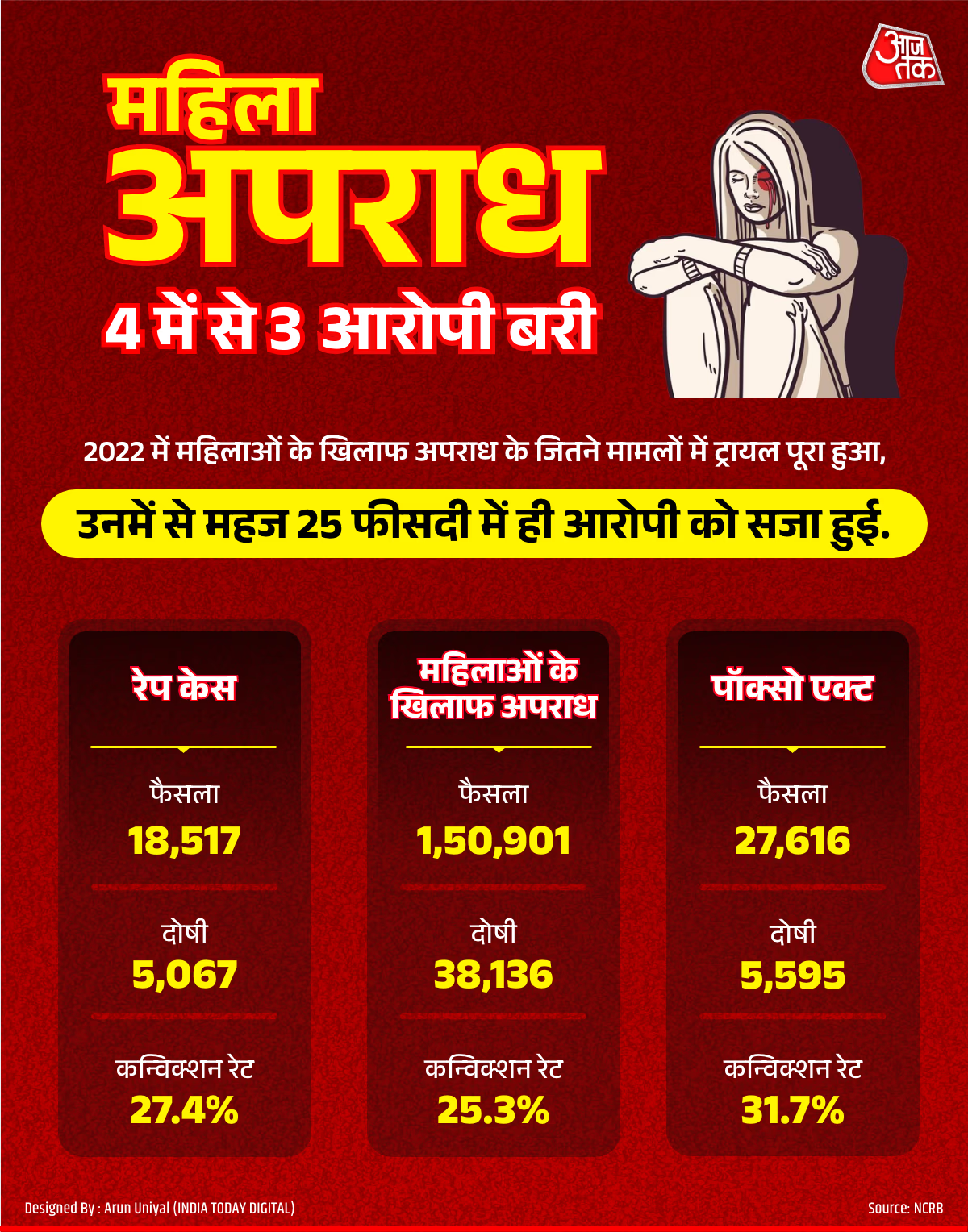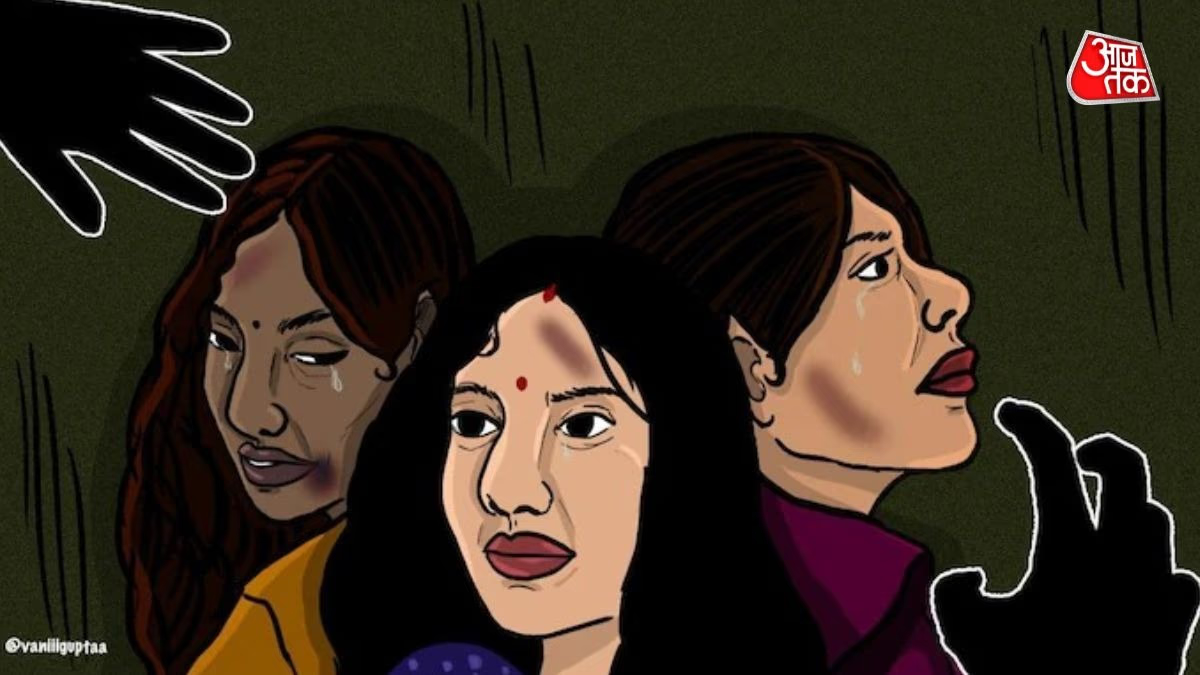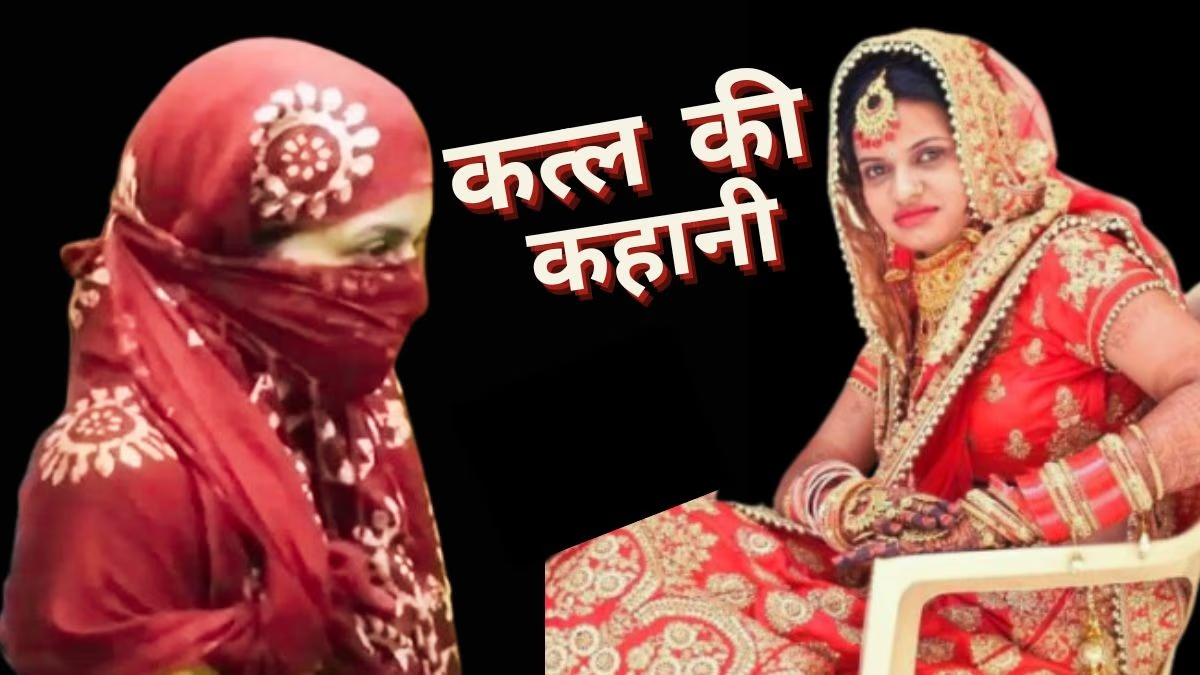The Supreme Court has raised concerns over rape allegations surfacing in soured relationships. When consensual ties turn bitter, registering a rape case has become a troubling trend, according to the court.
The Court emphasized that long-term physical relations without objection from the woman suggest consensual involvement rather than deception over marriage promises.
Justices BV Nagarathna and N. Kotiswar Singh remarked during a hearing where an individual sought to annul a rape case against him. The bench indicated that it’s clear many long-term consensual relationships, when ended, tend to get criminalized.
Supreme Court notes that a woman might engage in relations with a man without any matrimonial assurances, motivated by personal affinity, for instance.
This isn't the first time the court commented on false rape claims. Earlier this year, the Supreme Court dismissed a rape charge, preserving the anonymity of the accused, identified as 'Mr. X.' The man was accused by a woman of violating her on a pretext of marriage.
Legally, rape victims' identities remain confidential, and now, so do the accused individuals' identities, according to court decisions.
Are False Rape Cases Being Registered?
Rajasthan has topped the list for years in rape cases. Former Chief Minister Ashok Gehlot stated that filing a FIR is necessary, yet over half these cases later prove false.
Deputy Inspector General of Police (Crime) Ravi Prakash Mehrada previously revealed over 48% rape allegations were false. He indicated that a final report was submitted on such cases, where inquiries found no substantial grounds, effectively debunking half of the registered cases.
The Delhi Commission for Women in 2014 reported on such cases in the capital from April 2013 to July 2014. Out of 2,753 registered rape cases, only 1,287 were verified, with 53.2% being false.
This report suggested false accusations arise often when accusers retract their claims.
Why Are Questions Raised?
Not all rape allegations are baseless. Still, some reveal their truth during inquiries, raising doubts due to a low conviction rate.
National Crime Records Bureau statistics indicate over 65% of accused in rape cases get acquitted. The conviction rate in such cases is less than 30%.
In 2022, trials concluded for 18,517 rape cases, with 5,067 receiving convictions. For violence against women, over 150,000 cases completed trials, resulting in convictions in 38,136 cases, showing a mere 25% conviction rate, with three out of four accused walking free.
Statistics illustrate that from 2018 to 2022, trials concluded for over 74,000 rape cases, 46,973 of which resulted in acquittals. This confirms that most rape charges neither stand substantiated in court nor are fabricated.
After the Nirbhaya scandal on December 16, 2012, rape laws toughened. If an accused, aged 16 to 18, faces charges, he'll be tried as an adult now, a direct response to the juvenile involvement in the Nirbhaya case.
Post this, the Protection of Children from Sexual Offenses (POCSO) Act was enacted, labeling child sexual abuse a crime. Yet, even here, the 2022 conviction rate hovers around 32%.

Source: aajtak
What Drives False Rape Charges?
A 2015 study in Mumbai's two sessions courts highlighted police registering abduction if parents report their daughter eloped with a neighborhood boy. If she admits to physical involvement, rape charges are added. It’s the court's role to ascertain rape occurrence.
A preceding 2014 study also uncovered over 40% cases where consensual relations were misrepresented as rapes after reaching the girl's parents.
In 2017, a senior Jaipur police official revealed that 43% of investigated rape cases were found fabricated, intended for extorting money.
In December 2021, a 22-year-old woman in Gurgaon got arrested for allegedly registering false charges against eight boys from September 2020 to November 2021, allegedly extorting money by feigning rape threats.
Moreover, many cases stem from relationships turning sour when a boy refuses marriage, leading to rape accusations. Such rates have surged recently. According to NCRB data, 46% of registered cases in 2021 stemmed from promises of marriage.
In 2018, a study by the National Law University, Bangalore, saw young girls retracting testimonies against accused individuals aged 16-18.
What’s the Solution?
In August 2021, Delhi High Court lamented false accusations, noting they devastate the accused's life and career, causing irreversible stigma.
The High Court suggested deterrents for such acts are essential to curb false cases.
It’s also been proposed to lower the age of consensual relations from 18 to 16, relieving young consensual encounters from legal repercussions.
Meanwhile, the Law Commission cautions against lowering the age for consent, warning it may lead to exploitation of the law.
The Commission suggests considering the age gap in consensual minor relations, recommending criminalization if the age difference exceeds three years.




